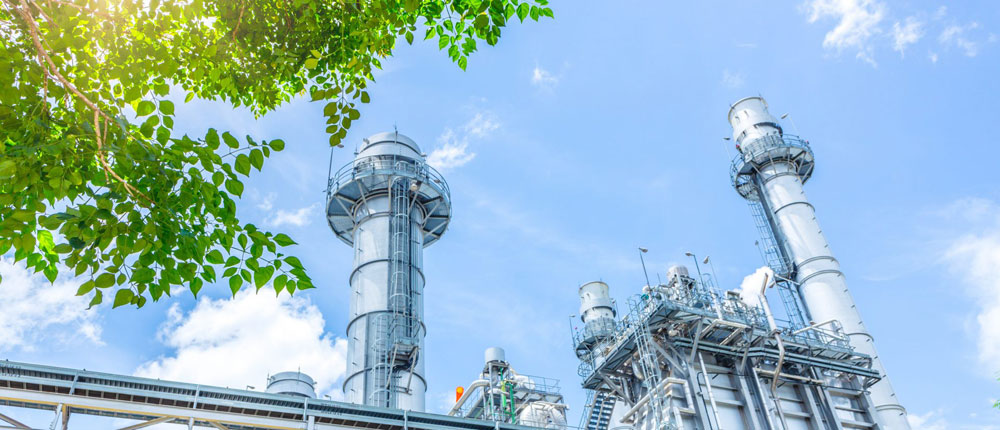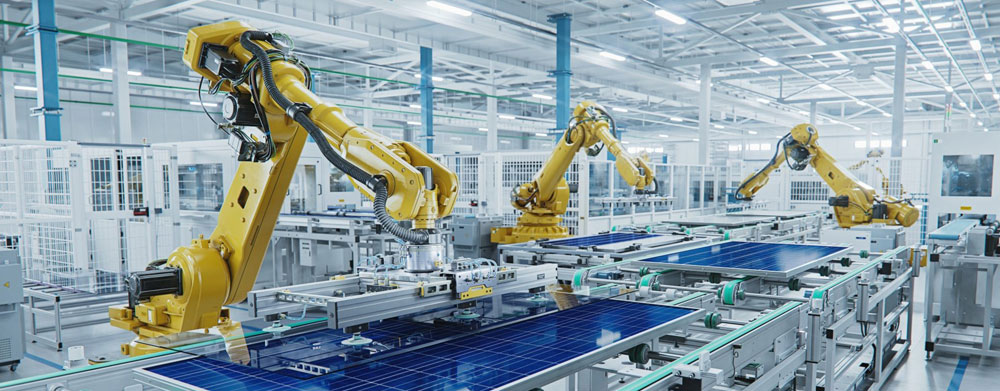Many manufacturers are realising that there are both financial and environmental benefits as a result of sustainable business procedures. Sustainable manufacturing is the creation of manufactured developments crafted through economically sound techniques that keep environmental impacts to a minimum plus help to conserve energy and promote natural resources. Sustainable manufacturing also enhances employee, community and product safety and can be something that many customers value when buying from a business.
The three stages of sustainability:
Environmental: This involves the deduction of carbon footprints, water usage, non-compostable packaging and wasteful resources as part of a manufacturing supply chain.
Economical: Focused on providing incentives for businesses and organisations whilst still adhering to sustainability guidelines. A business must be profitable and produce sufficient revenue to be successful.
Social: This sustainable aspect centres around preparing the future generation for success and maintaining healthy occupancy.



